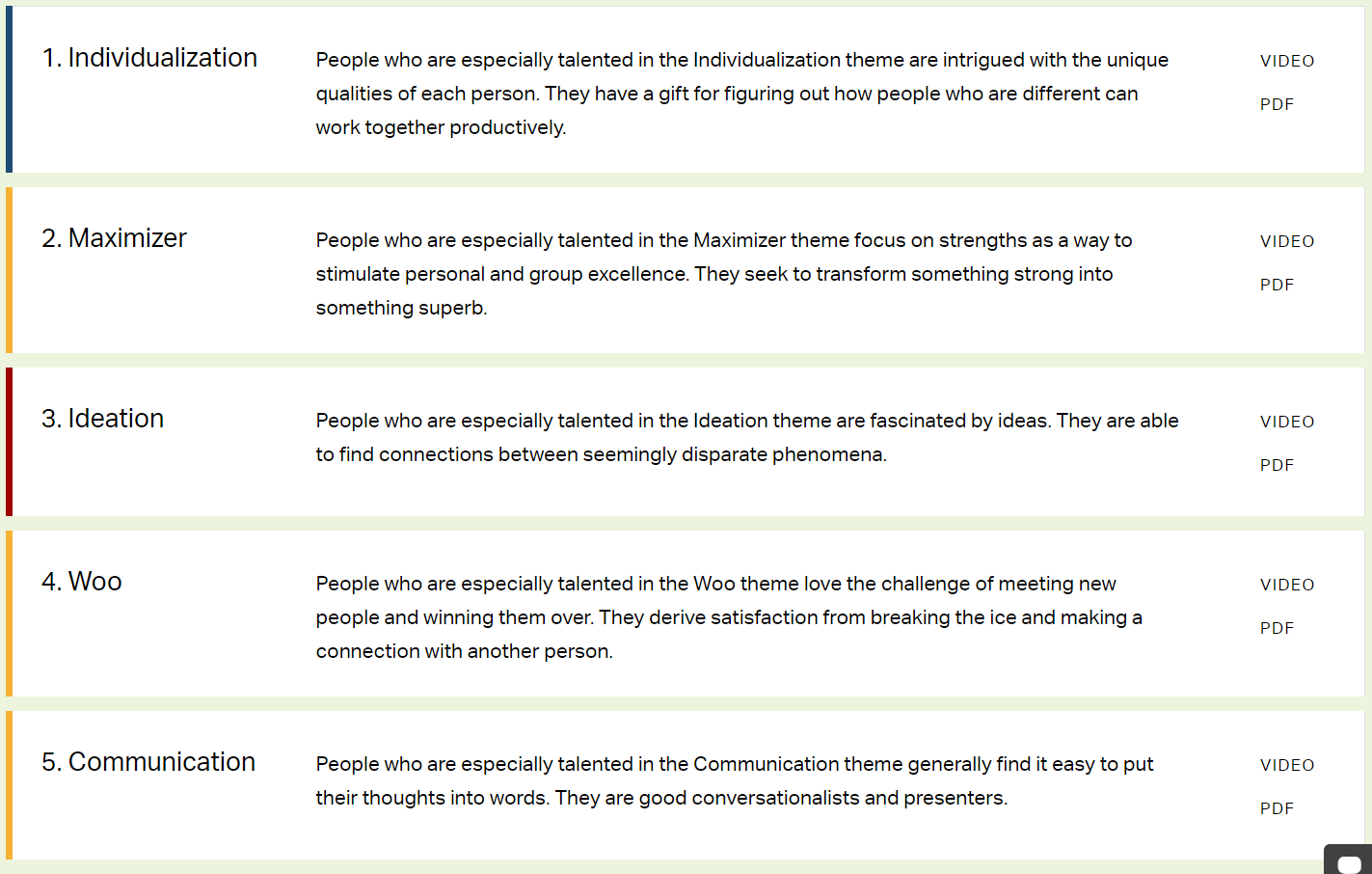Most management ask me anything sessions end up becoming HR (compensation, performance, promotions…etc) ask me anything sessions.
Most of the answers in those sessions become expected model answers, which sometimes make me want to ask the person who asked the question “What answer did you expect?”.
Question upvoting systems have benefits like organizing thoughts and anonymity, however since HR type questions are relevant for everyone, they are more likely to get upvoted and hence hijacking the session.
If I am part of a management AMA, I would split the session in parts, part democracy, and part where I pick interesting/random questions to answer, this way I might be able make the session less boring for those who seek an unknown, while addressing frequently asked questions.
